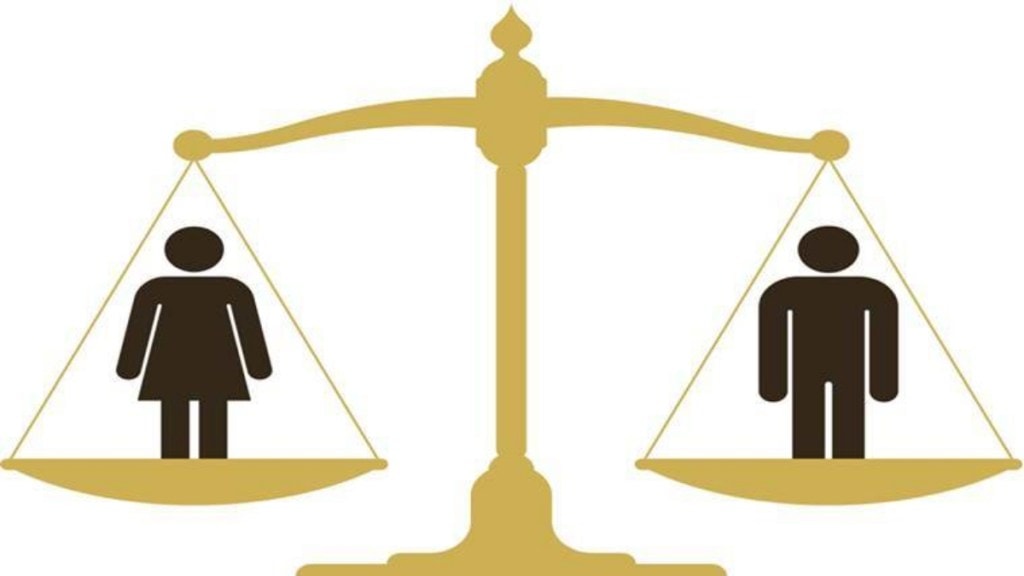— Satya Muley
The Uniform Civil Code (UCC) aims to formulate one law for the land, meaning that all religious communities are guaranteed equal rights by the Constitution in personal matters such as marriage, divorce, inheritance, and adoption. In short, one rule is to be applied to all religious communities.
The code, mentioned in Part 4, Article 44 of the Indian Constitution states, “The State shall endeavour to secure for the citizens a uniform civil code throughout the territory of India.” It should be noted that personal laws are currently governed by their religious scriptures. For the unversed, personal laws are distinguished from public law and cover marriage, divorce, inheritance, adoption and maintenance.
While Articles 25 to 28 of the Constitution of India guarantee freedom of religion to every individual, it also enforces the State to apply directive principles and common law while drafting national policies.
The origin of UCC can be traced back to 1835 when the British colonial rule stressed upon the immediate need for uniformisation in personal laws for Buddhists, Hindus, Jains and Sikhs. They, however, exempted Muslims, Christians and Parsis.
Personal laws
After the end of British rule in India, the Indian government took steps to strengthen the legislation dealing with personal issues of the two outcast communities from the UCC — Hindus and Muslims.
The BN Rau Committee was created which codified Hindu law in 1941. The committee was tasked with examining the necessity of common Hindu laws that go in accordance with the scriptures. Further, the committee recommended a civil code of marriage and succession for Hindus.
It is necessary to understand that personal laws are applied to a certain set of people following a particular region, belief, or faith—these are made only after due consideration of the religious customs and texts. Both Hindu and Muslim personal laws were made after verifying the source and authenticity of religious texts.
For Muslims, personal laws were applied to inheritance, wills, successions, marriage, divorce, gifts, wakfs, dowry, and guardianship— all after taking references from the Quran.
Personal laws were made to promote ‘freedom of religious practice’ but several elements still do not stand relevant in modern scenarios. Take the recent case of Benazeer Heena, where a Muslim woman journalist approached the Supreme Court pleading to end the practice of ‘Talaq-e-Hasan’, a unilateral divorce practice that gives the husband power to divorce his wife by pronouncing ‘talaq’ three times.
Heena approached the court pleading to make the practice unconstitutional. She called triple talaq irrational, arbitrary and in violation of Articles 14, 15, 21 and 25 of the Constitution.
After a nationwide demand and discussion, eventually, a historic decision was decreed in 2019 by the Indian parliament that made Triple Talaq, also known as instant talaq, an offence.
Hijab Row and UCC
UCC has always been contentious to discuss. Nevertheless, the recent Karnataka High court verdict dealt with the subject of Hijab in a very appropriate manner based on a law which has been already laid down by the Supreme Court and based on the provisions of the Constitution of India.
The High Court observed that the wearing of a Hijab is not an essential religious practice in Islam and hence there is no breach of any fundamental right if the wearing of a hijab is not authorised in educational institutions.
The same High Court also observed that the prescription of a uniform does not violate any fundamental rights of anyone consequently making the Government’s order to enforce the uniform and ban the hijab not violative of Articles 14 & 15 of the Indian constitution. Accordingly, the High Court held that the actions of the academic institutions and the Government are justified.
Notably, the same High Court had also passed an interim order curbing the usage of any religious clothes at the educational institutions.
Implementing UCC
It is high time that the government implements Uniform Civil Code, puts an end to systemic discrimination and strives toward gender parallelism.
A declaration of equal property rights and equal rights to seek a divorce, seek maintenance and adoption is a good start but not sufficient by themselves to achieve gender justice. These are reforms to personal laws alone.
While we all continue to look upon the Indian Judiciary and the Constitution to safeguard our fundamental rights there are still negative elements trying to attack the constitution, in the name of freedom of speech and expression. These are radical religious forces that continue to exert power over public conduct and control the democracy by way of influencing the voters, the implementation of the Uniform Civil Code is the need of the hour. Only after its implementation, the nation will be better off focusing its time, energy, and resources on more constructive issues than those originating from religious disputes.
(The author is a practising lawyer in Bombay High Court and the Supreme Court and founder of the legal firm Satya Muley & Co. The views expressed are the author’s own.)

